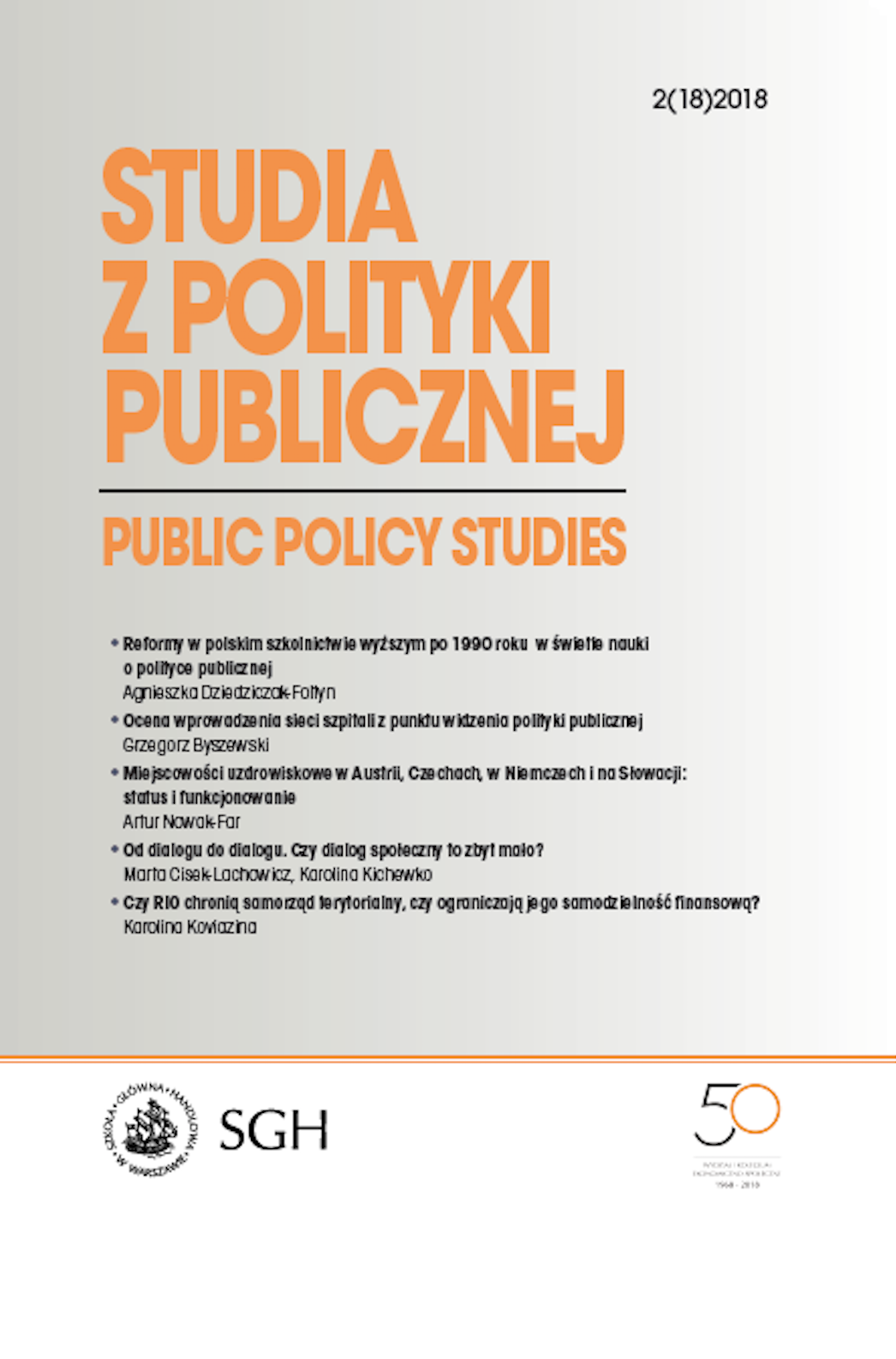Rodzaje kompetencji Unii Europejskiej a unijna polityka podatkowa
Types of competence of the European Union and EU tax policy
Author(s): Artur KuśSubject(s): Politics, Law, Constitution, Jurisprudence, Public Administration, Public Law
Published by: Szkoła Główna Handlowa w Warszawie
Keywords: competences of the European Union; EU tax law; sovereignty; taxes
Summary/Abstract: The European Union currently operates three types of competence: exclusive, shared and supporting (complementary and harmonization). For each country, it is very important autonomous power of taxation and the ensuing independence in shaping tax policy. Countries acceding to the European Union, however, have to reckon with the fact that 80 Artur Kuś Studia z Polityki Publicznej since joining will not have a kind of monopoly on the creation of a fully independent and autonomous tax regulations. EU tax law is primarily the proper functioning of the EU internal market. The aim of the tax legislation is mainly provide income for the state. Thus, the main feature of the national tax law is fiscal function and the EU's - the proper functioning of the internal market. EU tax law in the broad sense (sensu largo) is the collection of EU law (primary and secondary) concerning and affecting the tax law of the Member States. EU tax law in the strict sense (sensu stricto) is a set of rules while EU law relating to and used directly in the tax law of the Member States of the EU. In the simplest terms it can be assumed that these are the rules relating to the taxation mainly indirect taxes.
Journal: Studia z Polityki Publicznej
- Issue Year: 2/2014
- Issue No: 2
- Page Range: 79-95
- Page Count: 17
- Language: English, Polish

